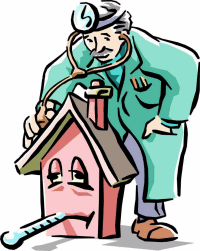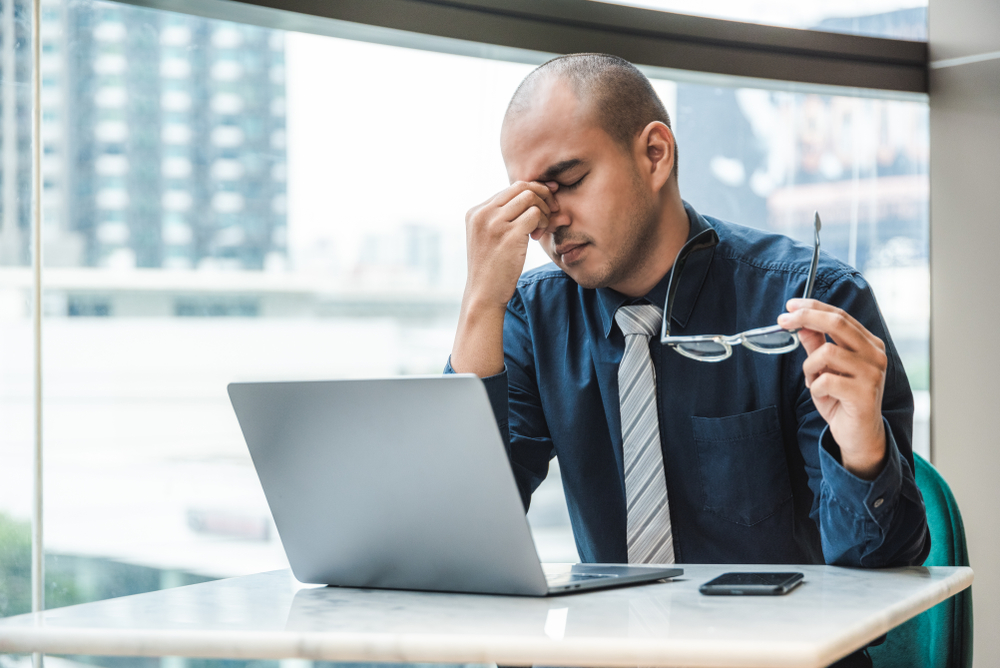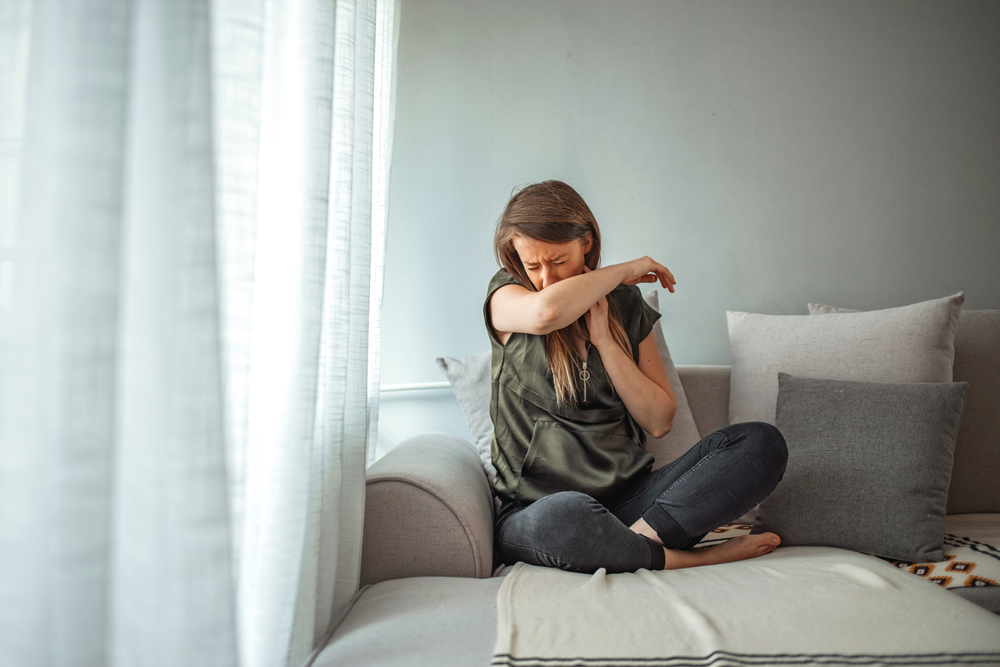Have you ever felt ill without being able to pinpoint the cause?
In the search for the problem, you may discover that it has nothing to do with you. In fact, it may actually be your building putting your health at risk.
If you haven’t heard of Sick Building Syndrome, you need to know about it. Due to the amount of time we all spend at our offices and homes, it’s important for you to be cognizant of the risks and symptoms that can result from this problem. Prolonged exposure to these environments can really take a toll on you.
What Is Sick Building Syndrome?
Sick Building Syndrome (SBS) is a term used to describe situations in which building occupants experience nonspecific symptoms when in the same space. While the precise cause is unknown, poor indoor air quality is the main culprit.
Faulty building humidifiers can cause too much moisture in the air forcing you to inhale water droplets, unfiltered and full of contaminants from outside. Vehicle exhaust entering from the street coupled with dirty building filters and poor building air circulation can become a breeding ground for microorganisms.
Chemicals from carpeting, pesticides, cleaning agents, copy machines, adhesives, and tobacco smoke are just some among many of the indoor exposures that can contribute to your ill health, or disconnected feelings. Make sure to have these items examined for chemical odours or emissions.
So it goes without saying that prolonged exposure to these environments can really take a toll on you.
What Are the Symptoms of Sick Building Syndrome
This syndrome can affect your skin, respiratory, and neurological systems. Given the various causes, it can be difficult to diagnose patients with SBS, as many of the symptoms are similar to the flu.
Some possible symptoms of Sick Building Syndrome include:
- Throat irritation
- Breathing difficulties
- Tightness in the chest
- Runny nose
- Dry and itchy skin
- Difficulty concentrating
- Dizziness, fatigue, and headaches
These symptoms will get worse the longer you’re in the building and better when after you leave. It’s also important to note that SBS affects everyone differently. Even though people share the same environment, some individuals will experience a few of the above symptoms while others may not feel anything at all.
Take Care of Your Health
If your colleague smells of cigarette smoke, even though that person may have gone outside, the odour can affect your mood and your health negatively. Poor lighting and bad ergonomics will also contribute to causing the blues.
In addition to the building factors, being overworked, stressed, sedentary, and maintaining negative relationships will also contribute to ill health. Be sure to find the right balance between work and your personal life and surround yourself with great people who are kind to you. It’s a choice.
So the next time you feel down or have symptoms similar to a cold it may not be enough to just visit your family physician. It may also be worthwhile to give your building a thorough check-up.



Comments (0)